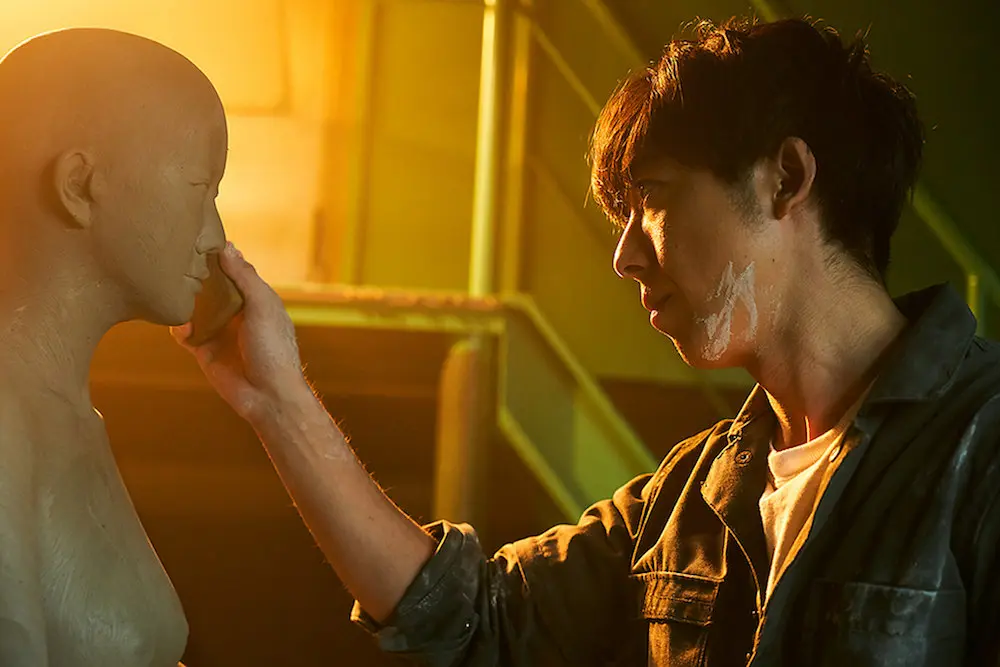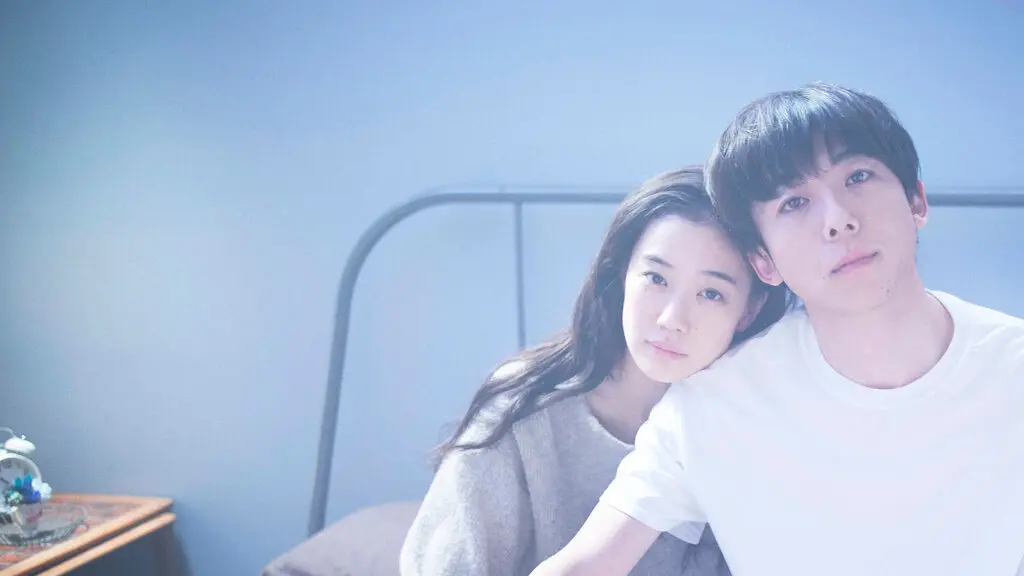Summary
A novel premise is somewhat wasted in Romance Doll, as its overlong runtime stretches its good ideas until they’re virtually see-through.
When sex dolls show up in popular media, it’s usually for laughs or titillation or unpacking our admittedly bizarre cultural attitude to sex and sexuality. This is refreshingly not the case in Romance Doll, a new Japanese Netflix drama directed by Yuki Tanada and adapted from her own same-titled 2009 novel. Here, the presence of a sex doll is oddly sex-less, instead a cautionary tale of artisanal obsession that damages human connection. The problem with this novel premise is that the film takes far too long to do anything truly interesting with it and ultimately ends up coming down on what one might consider the wrong side of its central issue.
Nevertheless, this is a love story – for a while, anyway – in which a maker of objects explicitly designed for sexual pleasure becomes so fixated on their function and craft that he loses sight of his own sexuality and consistently neglects the woman whose perfect feminine form enabled the creation in the first place. It is, at its core and more than perhaps anything else, a story of an artist and how his devotion to his art is increasingly at the expense of his muse.

The artist is Tetsuo (Isse Takahashi), who narrates, and whose job making sex dolls is enlivened by the use of Sonoko (Yu Aoi) as a model for grope-worthy breasts after Tetsuo’s early, synthetic attempts are laughingly dismissed by his boss, Kubota (Pierre Taki). Tetsuo and Sonoko naturally fall in love and marry, though ironically the success of the Sonoko-shaped doll leads to the gradual deterioration of their relationship as Tetsuo obsesses over an upgraded model.
There’s a fair amount going on here, and I appreciate the use of an explicitly sexual subject matter to explore an obsessive work ethic, not necessarily matters of sex. Like Tanada’s My Husband Won’t Fit, also on Netflix and also entirely unprovocative, Romance Doll is as much a demure slice-of-life drama as an exploration of idealized femininity and sexuality. Its best scenes are ones of grief; its relationship with sex is mostly as an industry, a rubbery, and impersonal distraction from meaningful, organic relationships. That ultimately makes the film’s position on Sonoko, her body, and her relationship to an increasingly self-centered Tetsuo, a little bizarre. It’s easy to imagine many people will hate this film. I personally just think it could have much easily been a better one.




